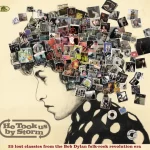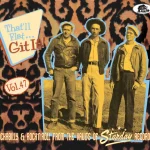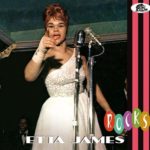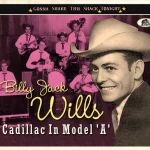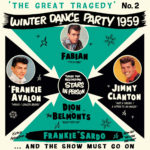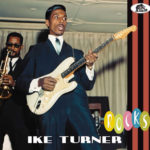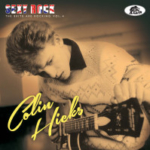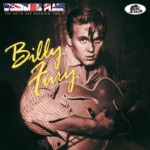V/A – He Took Us By Storm
Bear Family – BCD17699
Dion – Two Ton Feather – Eric Andersen – Honey – Dick Campbell – You’ve Got To Be Kidding – Bobby Darin – Me & Mr. Hohner – P.F. Sloan – Halloween Mary – Jackie Washington – Long Black Cadillac – Len Chandler – Feet First Baby – David Crosby – Willie Jean – Lou Reed – Men Of Good Fortune (May 1965 – Demo) – Casey Anderson – Little Girl – Bubba Fowler – Next Year This Time – Dean DeWolf – Pistol Slapper Blues – David Blue – The Gasman Won’t Buy Your Love – Tom Rush – You Can’t Tell A Book By The Cover – Barry McGuire – Don’t You Wonder Where It’s At – Bob Seeger & The Last Heard – Persecution Smith – Ferre Grignard – Drunken Sailor – Peter LaFarge – Easy Rider – Donovan – Universal Soldier – Boz Scaggs – Baby Let Me Follow You Down – Joe South – These Are Not My People – Leon Russell – Everybody’s Talking About The Young – Johnny Winter – Birds Can’t Row Boats – Dino Valenti – Black Betty – Sammy Walker – Vigilante Man
One can measure the importance of great artists and their impact by the fact that there is a before and an after. Elvis Presley is probably one of the most obvious examples. Its appearance caused a cultural revolution, changed mentalities, and sparked an incalculable number of vocations. In another register, we can also cite Billie Holiday, whose vocal style influenced almost all the singers coming after her. To continue with John Hammond’s protégés, there is the Bob Dylan case. His arrival on the Folk scene in the early sixties caused an earthquake, mainly with the release of his second album, The Freewheelin’ Bob Dylan, containing the classics Blowin’ In The Wind, Don’t Think Twice It’s Alright, and A Hard Rain’s Gonna Fall. With this record, Dylan elevated Folk to a higher level of intelligence, songwriting, and interpretation. His phrasing, melodies, and poetry, the same that would earn him the Nobel Prize years later, changed the way of writing songs forever.
As if that were not enough, he caused a second earthquake just as powerful, if not more so, when he plugged in his guitar in July 1965 at the Newport Folk Festival and released two classics in a row the same year: Bringing It All Back Home and Highway 61 Revisited. Once again, popular music was turned upside down, and things were never really the same after that.
Like all earthquakes, these were followed by smaller aftershocks. This perfectly titled compilation invites us to explore this fascinating world.
If Bob Dylan does not sing, play a note on this record, or sign any song, he is nevertheless omnipresent and irrigates the almost 74 minutes of this compilation.
The idea is brilliant, and we can only wonder why no one had it before: bringing together contemporary artists of the Kid from Greenwich Village (all the titles, bar one, were recorded before 1970) and tracing the influence that he may have had on them.
The 25 titles that compose He Took Us By Storm intelligently alternate between established (Dion, one of Dylan’s idols, Bobby Darin), on the way to becoming famous (David Crosby, Lou Reed, Bob Seger, Johnny Winter, who will record a cover of Highway 61 Revisted on Second Winter), and more confidential artists. They show how these artists all drew more or less consciously and to varying degrees from the influence of his Bobness.
From there, beyond the simple musical pleasure (because it must be said, there is nothing to throw away here), the record becomes, for the Dylanian, an exciting and fun treasure hunt. We have fun tracing the various borrowings: a line of text or a wording here, a melody there, a vocal intonation or a harmonica riff elsewhere.
Like with Lou Reed, these titles often show that the Dylan phase is only a stage before finding their own voice. Surprisingly, if some are on the verge of plagiarism (listen to Long Black Cadillac, which is more than reminiscent of Like A Rolling Stone, or the selection by Bob Seger, which sounds like a garage version of Tombstone Blues), these songs still remain despite all very personal, demonstrating intelligence in the selection.
Helped by the copious and detailed booklet, we travel through this disc, discovering several artists that the great history of Rock has not necessarily retained but giving us the envy to know more.
The only minor (but very minor) regret is the presence of only English-speaking artists. I would have liked to discover Dylan’s followers singing in Italian, Greek, French, or Norwegian. But let’s rejoice because this could perhaps be the subject of a second volume.
Buy He Took Us By Storm here.
Fred “Virgil” Turgis
